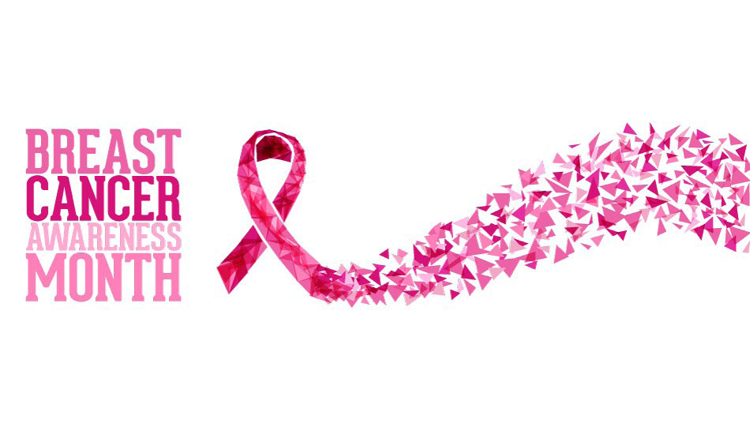Top 8 suggestions for Breast Cancer Prevention
167 viewsOctober is Breast Cancer Awareness month across the world. The rising cases of breast cancer in 2020 that saw more than 2 million women make it essential to keep symptoms in check. The risk of developing cancerous cells varies from person to person. While the term breast cancer can cause panic in mind, an early diagnosis and treatment at Regency Medical Center can increase the survival rate to 99% in the first five years.
Prevention of breast cancer begins by following some daily healthy habits. A few lifestyle changes can be implemented to reduce their risks and take a step forward to its prevention. When followed religiously, these preventative measures can bring a lot of impact on lives.
Keep a Check on your Weight
Having a healthy weight is always a better option for anyone. Women might have more chances of getting cancer through obesity after hitting menopause. And menopause is the stage where most women develop cancer cells in the breasts. Hence, keeping a check on weight becomes even more essential at that time. Aim for maintaining a Body Mass Index of 25 or lower.
Healthy Eating Can do Wonder
Everyone should follow a healthy diet. However, for women, it might be a little more essential. Make sure to have a diet rich in fruits and vegetables that can prove to be highly beneficial. Don’t forget to stay low on refined carbs, fatty foods, and sugary drinks. Instead, include lean protein like fish or chicken breast, consume whole grains, and opt for vegetable oils.
Exercise Regularly
Starting physical activities even when later in life has the power to decrease the overall risk of breast cancer by almost 10%. Include 150 minutes of light physical activity or 75 minutes of vigorous-intensity exercising every week. Apart from that, weight training must also be included at least two days a week. It can decrease the risk of getting breast cancer for the first time and also reduce recurrences. Moreover, women who have already received treatment can also benefit from exercising.
Avoid Alcohol and Quit Smoking
Smoking is a health hazard that can cost health and life. It weakens our immunity against fighting cancer cells and can also deteriorate DNA. Alcohol consumption also increases cancer risk as the body breaks down the chemicals that damage the cells. Limit your alcohol take to 1 drink per day.
Hormonal Therapy is Not Advised
Women might consider hormonal therapy after menopause to manage the symptoms. However, it contains higher risks of contracting breast cancer, as some treatments contain progesterone. It is advisable to limit it to under 3 years. Other hormonal creams and gels are also harmful, so avoid them too.
Long-term Breastfeeding Helps
Breastfeeding babies for at least a year has a decreased risk of having breast cancer in the later stages.
Yearly Mammograms are Recommended
A mammogram is used to find breast abnormalities such as tumors or cysts. We recommend that you get a mammogram to check for these symptoms every year. However, a ‘screening mammogram’ is not always needed if you have no symptoms. A diagnostic mammogram is recommended if you face any symptoms like discharge or pain from the nipple.
Consider Having Ultrasounds
Sometimes mammograms can’t find the cysts or identify changes in breast sizes. In that case, we also recommend having ultrasounds if you have dense breast tissue undetectable by mammograms. Ultrasounds are also better if you are pregnant because they don’t use radiation, unlike mammograms.
 On The Final Note
On The Final Note
Family history of any cancer-related issues like Ovarian cancer might put you at a higher risk. It is always advisable to check for any lumps, knots, thickening in your breast or under your arms. If there is any pain or discharge, it is recommended to talk to a health professional soon.
Breast cancer can be terrifying, but the earlier it’s found, the better your odds of beating it. Frequent screenings can help identify breast cancer early on. If you’re 25-39 years old, talk to your health care provider about your risk assessment, risk reduction counseling, and clinical breast exam.
Talk to a doctor today if you are facing any of the symptoms. Book an appointment.

